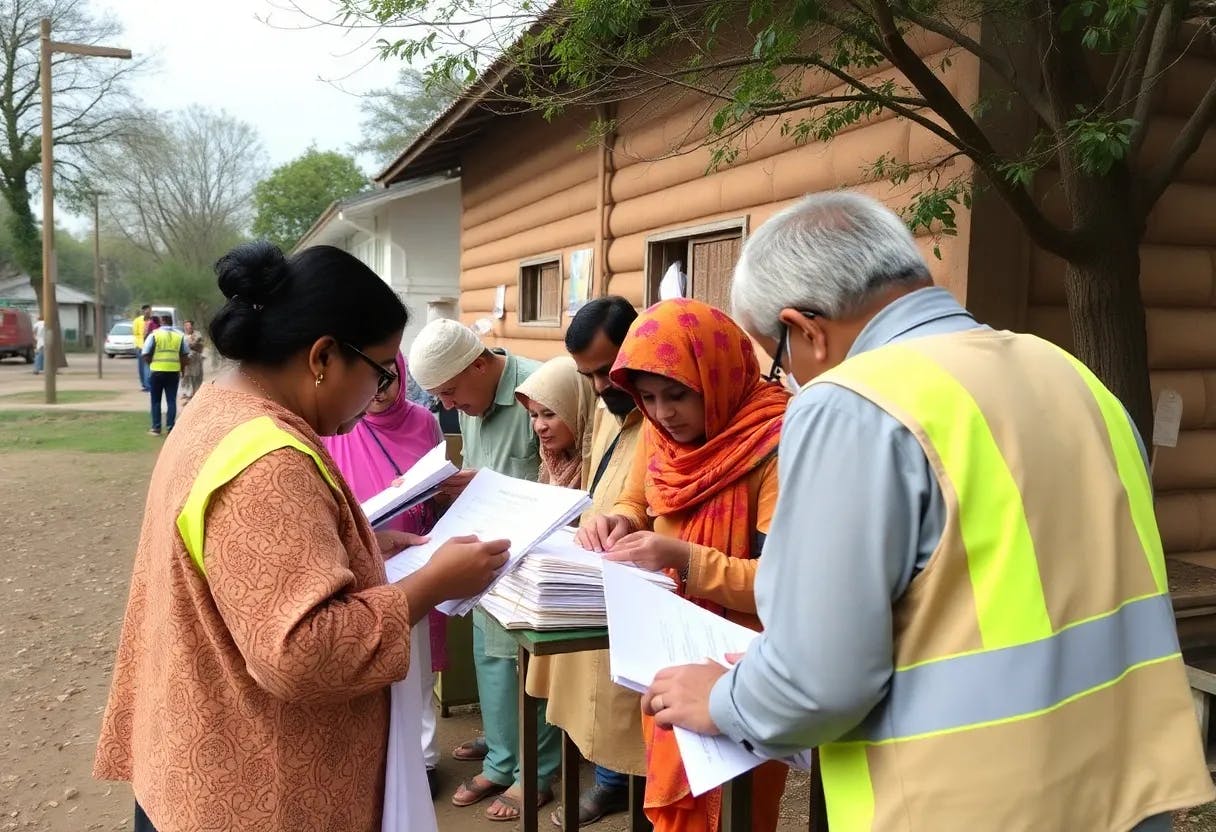
"The Bureau's framing of differential privacy (DP) as a "modern" and "advanced" confidentiality method leads to an oversimplified narrative, masking its broader social implications."
"While confidentiality is crucial, the transition to differential privacy raises significant ethical questions and calls for a deeper exploration of its impact on data utility and representation."
The article examines the Census Bureau's transition to differential privacy (DP) through the 'handoff model,' emphasizing its ethical stakes beyond confidentiality. The Bureau framed DP as a modern solution; however, this narrative often oversimplifies the implications of such measures, impacting data utility and stakeholder participation. Insights from the handoff model critique the Bureau's approach, indicating the need for transparency and grappling with complex social values inherent in data practices. Ultimately, the methodology surfaces critical ethical considerations that highlight necessary reforms in transparency and participation strategies.
Read at Hackernoon
Unable to calculate read time
Collection
[
|
...
]